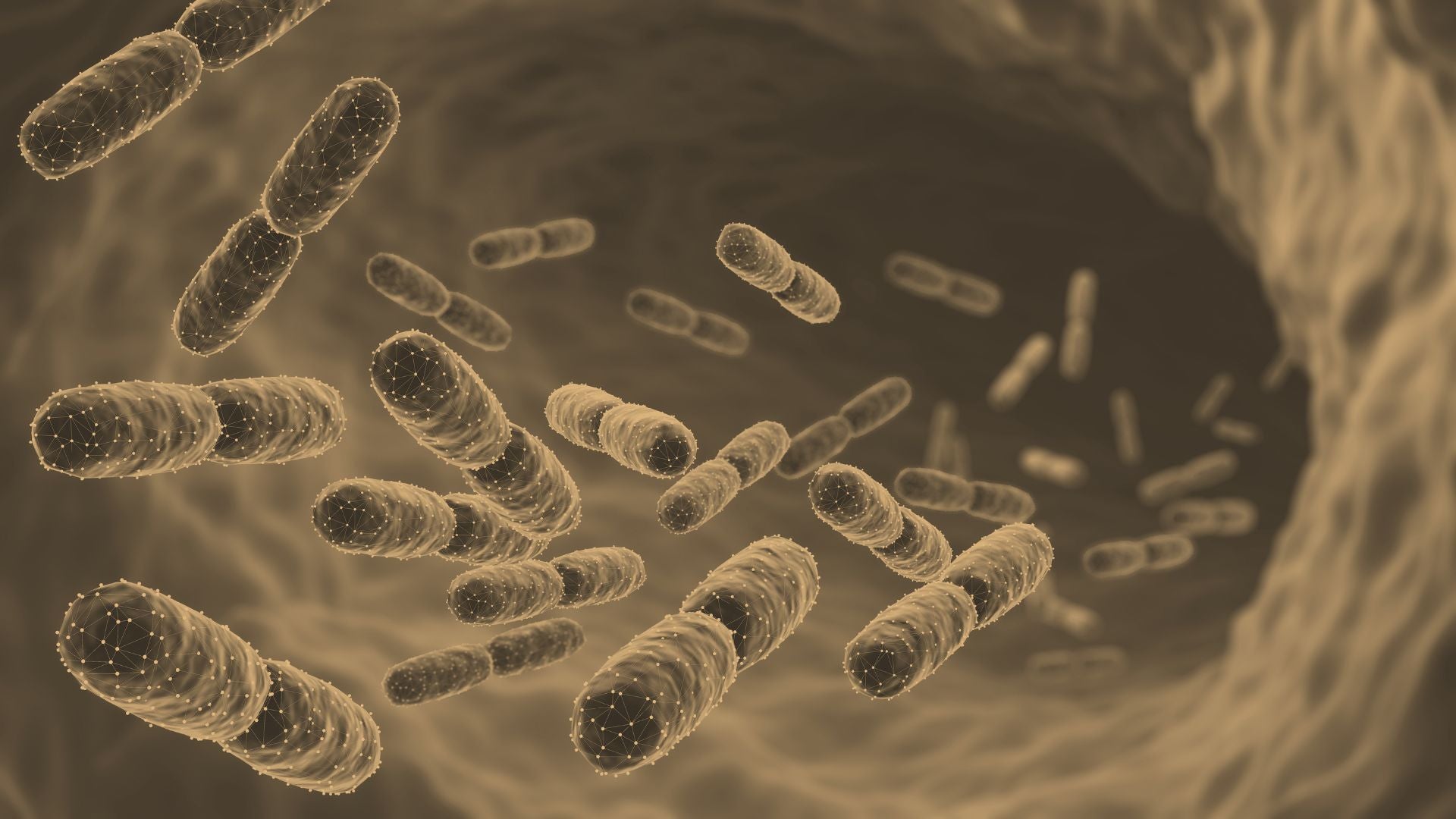
The Best Foods for Hangovers: What to Eat and What to Avoid
There are no foods that can single-handedly eradicate a hangover. But some foods and drinks are easier than others on the digestive system and can help support your body as it recovers from a night of drinking alcohol and the fatigue, nausea, headache, and other hangover symptoms it can cause.
What Are the Best Foods and Drinks for Hangovers?
The foods and drinks you choose to consume during a hangover should be easy to digest, and it’s all the better if they have a high water content (since alcohol can cause dehydration), are rich in protein/amino acids, and provide much-needed electrolytes.
Beverages with electrolytes
Alcohol is a diuretic that can also cause vomiting and diarrhea, sometimes leading to dehydration and electrolyte depletion. Although it’s never a bad idea to drink a glass of water (or several) when you’re recovering from alcohol intake, beverages containing electrolytes like potassium, calcium, magnesium, and sodium are some of the best options for relieving hangover symptoms. Electrolyte-rich drinks include coconut water, sports drinks, fruit juice, and—if you can stomach them—smoothies.
Bland, starchy foods
When you feel queasy, reach for bland foods with complex carbs, such as toast, crackers, or pretzels. For many people, one of alcohol’s effects is lowering their blood sugar, and carbs can help raise them back up to healthy and comfortable levels.
Peanut butter
Peanut butter is a digestible source of protein that can help support your body’s recovery process. Combine it with your bland, starchy toast for an ideal hangover meal.
Bananas
Bananas are known for being easy to digest for most people, which is why they’re a key component of the BRAT diet (which stands for “bananas, rice, applesauce, and toast,” and is recommended for recovery from digestive illness). In addition to their digestibility, bananas provide potassium to replenish electrolyte levels.
Korean pear juice
Korean pear juice is a traditional hangover preventative used in Korea that also has some compelling scientific evidence backing up its efficacy. In one study, it reduced hangover symptoms significantly compared to placebo—but the study was quite small, so further research will be needed to confirm this benefit. Nevertheless, it shows promise as a means of reducing hangover symptoms, and it can’t hurt to try drinking this delicious beverage in advance of alcohol intake.
Ginger
Ginger has been proven to be an incredibly safe and effective remedy for nausea, so if that’s an especially bothersome hangover symptom for you, try to consume ginger wherever possible. This could be a ginger ale (made with real ginger, not artificial ginger flavoring), a soup containing ginger, or a mug of soothing ginger tea.
What Not To Eat
Here’s a quick overview of what to avoid when you’re recovering from a hangover:
- Greasy foods: There’s a widespread misconception that they help you recover more quickly from a hangover, but the truth is, greasy foods like that beloved bacon, egg, and cheese can make your hangover symptoms worse. According to registered dietitian Andrea Chernus, there’s a biological reason this is a bad idea: “It’s because alcohol is processed through the same metabolic pathways as fat, and so when your body is breaking down the alcohol, it’s kind of putting the fats to the side. Your body can’t handle them at the same time.”
- More alcohol: You may have heard of the “hair of the dog” as a way of dealing with a hangover, but the truth is, it just puts off the hangover symptoms until your morning alcohol wears off. It can also make your hangover worse when you do experience it, so it’s definitely not worth it.
- Coffee: The caffeine might perk you up, but because coffee is acidic and has laxative and diuretic properties, it can irritate your already upset stomach and worsen dehydration.
It’s ironic that all of these are commonly recommended as hangover remedies—unfortunately, the science shows they have the exact opposite effect.
Try Adding In Some Supplements Before and After Drinking
In addition to choosing the most beneficial foods and drinks, choose supplements with ingredients chosen by Dr. Dan Nguyen, MD, MBA for their evidence-based abilities to support your body’s recovery from a night of drinking and the symptoms that come with it.
Take PREGAME Before You Drink
Capsulyte’s PREGAME contains NAC, which may reduce negative feelings after drinking; antioxidants and anti-inflammatories DHM as well as Clovinol®, which has been shown to reduce negative post-drinking feelings by more than half; and Siliphos®, a derivative of milk thistle that may lower risk of alcoholic liver disease-related cirrhosis.
Take HYDRATION After You Drink
As we mentioned, hydration is key to recovering from negative feelings after drinking. Capsulyte’s HYDRATION uses the following key ingredients to increase hydration: Hydra 4G™, an optimal blend of sodium, potassium, magnesium, and calcium; B vitamins, which may help to regulate energy metabolism, blood cell formation, and neurological function; Liposomal Pureway C™, an antioxidant that can also support immune function; and zinc, a mineral that’s also important for immune function.


